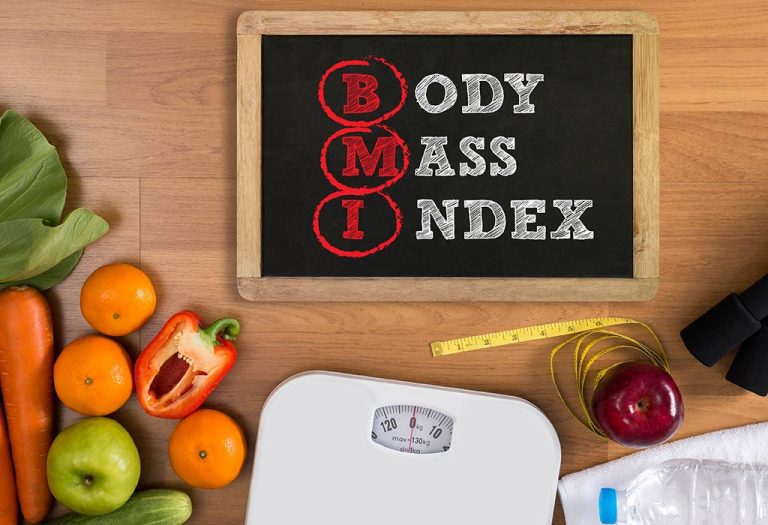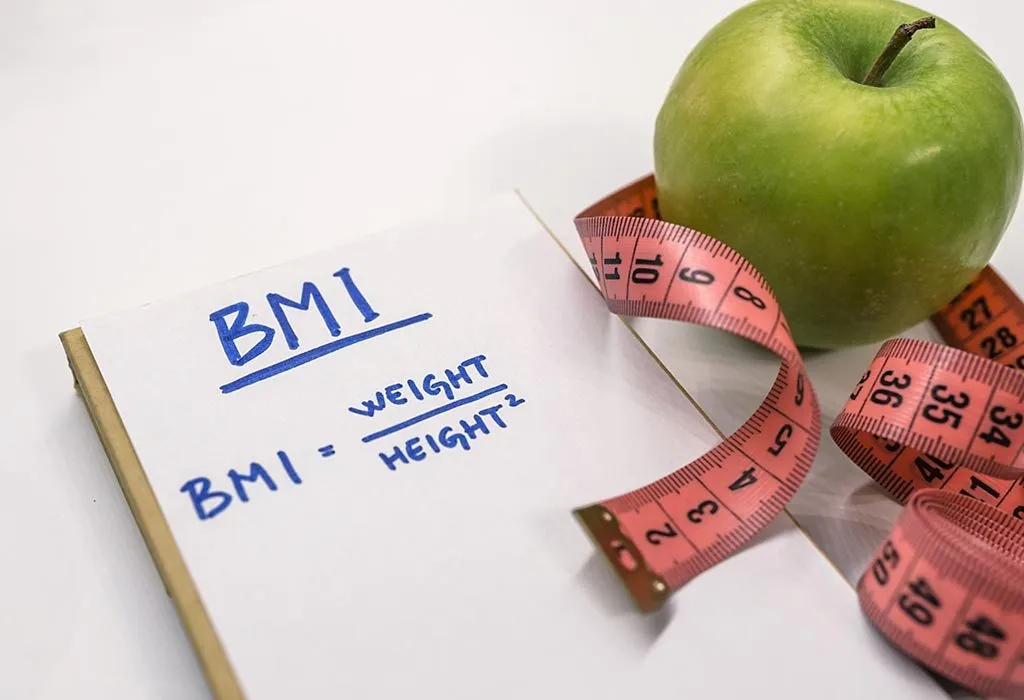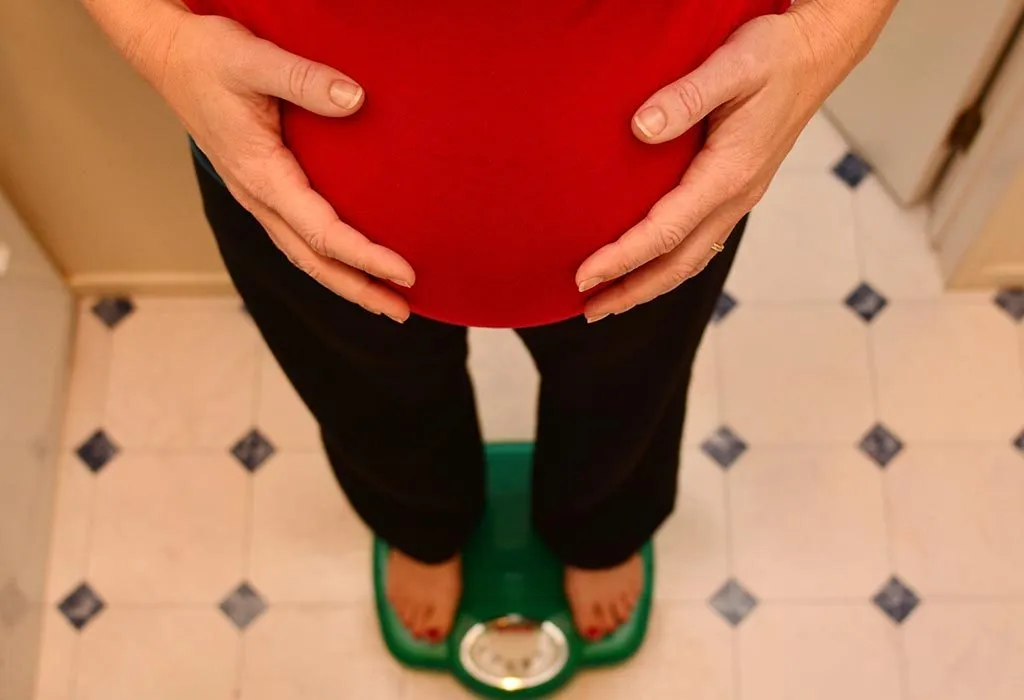Change in BMI (Body Mass Index) in Pregnancy – Effects & Tips to Manage

Pregnancy is not an easy journey, and maintaining a healthy BMI for pregnancy is crucial for both mother and baby. As the pregnancy progresses, there is always a risk of certain complications; but, not all women will face problems. However, if you are on the heavier side, you might face some complications during your pregnancy, or while giving birth to your baby. Understanding the normal BMI for pregnancy is absolutely necessary, since the onset of obesity directly increases the chances of having an unhealthy or heavy baby, or having to choose a Caesarean delivery over a normal one. Monitoring your BMI for a healthy pregnancy can help reduce risks and ensure a smoother journey.
What Is Body Mass Index (BMI)?
The concept of BMI has existed in the space of healthcare and medical sciences for many years. Recently, it has found recognition in the mainstream, and is being hailed as a great standard to understand your position in health. BMI is a simple mathematical formula that makes use of various parameters to get to a medical understanding of your weight, demarcated either as underweight, normal, or overweight. As the name ‘body mass index’ suggests, the BMI score is used to figure out if you have the right proportion of body fat based on your height and weight. A simple formula to calculate the score is to divide your weight in kg by the square of your height in cm (1).
Is BMI an Accurate Indicator of Good Health?
Even though BMI is used pretty widely nowadays, it doesn’t exactly indicate your health condition. As per a recent study, the BMI scores of certain people were compared with the actual values of various other health markers such as blood pressure, cholesterol, sugar levels, etc (2). It was observed that many people who were healthy on those lines were termed as overweight as per the BMI score. On the other hand, others with good BMI scores were detected to have various health issues in other areas.
The bodies of people across the world differ in physical structure and muscle composition, making it difficult to differentiate simple fat from muscle using a mathematical formula. The technologies of today have made it possible to get over that gap and reach a conclusion of higher accuracy. Taking into account the waist to height ratio instead gives a better idea of the health of the person, since a lot of excess fat tends to get deposited in the region of the waist, around the important organs such as kidneys, liver, and heart.
BMI and Weight Gain Range in Pregnancy
To get a better understanding of what might be your current health status based on your BMI score, as well as to get a better hang of the weight gain during your pregnancy that can be considered as healthy, here is a BMI pregnancy weight gain chart that can assist you with the same (3).
| Description | BMI Score | Healthy Weight Gain Range |
| Obese | Higher than 29 – 30 | Not higher than 7 kg |
| Overweight | Between 25 – 30 | Between 7 – 11 kg |
| Normal | Between 18.5 – 26 | Between 11 – 16 kg |
| Underweight | Less than 18.5 | Between 13 – 18 kg |
The suggestions of your doctor might vary based on the scale used for calculating your BMI score.
How to Calculate BMI While Pregnant
Calculating your BMI when you are pregnant isn’t difficult. You need to get an approximation of the weight of your pregnancy from your doctor. Once you have that, you can deduct it from your total weight to get your true weight. This should be used to calculate your BMI.
Let’s learn how to calculate BMI. Let’s assume your weight and height are as below:
- Height: 1.65 meters
- Weight: 65 kilograms
You can calculate your Body Mass Index (BMI) using these steps:
1. Square your height:
1.65×1.65 = 2.7225m²
2. Divide your weight by your squared height:
65/2.7225=23.88
This calculation follows the standard BMI formula, which remains the same whether you’re pregnant or not.
Important Note: Your pre-pregnancy BMI is used as a reference to determine the recommended weight gain during pregnancy. Healthcare providers rely on this baseline to guide healthy weight management throughout gestation.
Does BMI Change from Normal to Obese During Pregnancy?
BMI is a score that is calculated on the basis of your body weight as well as your height. During pregnancy, your weight increases, while your height stays the same. This results in your BMI score shifting to the higher side gradually, which could put you into the zone of overweight or obese as you proceed ahead in pregnancy. That isn’t a cause of worry as such, as long as your weight gain has been within the healthy limits as specified at the beginning of the pregnancy (4).
Effects of Low and High Body Mass Index (BMI) in Pregnancy
Maintaining a healthy BMI during pregnancy is crucial, as both low and high BMI levels can lead to complications for the mother and baby.
Low BMI
A low BMI (below 18.5) before or during pregnancy increases the risk of adverse outcomes. Key low BMI pregnancy complications include (5):
- Babies may be smaller than average, leading to developmental risks.
- Higher chances of early delivery and related complications.
- Poor maternal weight gain can affect fetal growth.
- Increased susceptibility to infections.
High BMI
With a high BMI during the third trimester of your pregnancy, or at any stage for that matter, the chances of complications increase quite a lot, especially if the score is higher than 30. These risks of high BMI during pregnancy can vary across a lot of possibilities, such as (6):
- Increased chances of delivering a stillborn
- Higher chance of going in for a Caesarean delivery instead of a normal vaginal one
- Infections
- Urinary tract infections or kidney issues
- Formation of blood clot anomalies
- A possibility of extreme bleeding following delivery
- Increased risk of complications due to anaesthetics
- Foetus having various birth-related defects
- Obesity making it difficult to view the baby via ultrasound
- A higher chance of contracting pregnancy-induced diabetes
Tips to Manage Your Weight During Pregnancy If Your BMI Is High
Pregnancy and excess weight is not a healthy combination. However, the presence of a high BMI score should not deter you from proceeding ahead with your pregnancy. There are a bunch of tips you can adhere to, which will help you manage your weight better (7).
- Opt for cereals or grains, since those are extremely healthy and barely affect your weight gain at all.
- Combining various vegetables and fruits, along with different legumes, can provide you with the necessary energy throughout pregnancy.
- Keep a track of your meat consumption. Do not overdo it.
- Exercise daily, starting with around 20 minutes daily, and ramp it up slowly.
- Go for simple exercises such as walking or swimming, and try your hand at yoga to calm yourself and stay stress-free.
Precautions/Guidelines for Women with High BMI During Pregnancy
In case you have a high BMI during pregnancy, guidelines and precautions for you are extremely essential to make sure your pregnancy does not hit any roadblocks and proceeds ahead with minimal complications.
- As a preventive measure, take suggestions from your weight loss expert before you try to conceive.
- Calculate BMI as early as possible once you find out that you are pregnant.
- Stay within the healthy parameters of weight gain for your BMI score.
- Talk to your doctor or nutritionist to chalk out a proper diet that can help you balance the necessary nutrients as well as keep your weight under control.
- Consult an instructor to create an exercise programme that is suitable for pregnancy.
- Follow up with your cardiologist to check for any possible heart-related issues as well as your general doctor to check for the chances of having pregnancy-induced diabetes.
FAQs
1. Can pregnancy cause a false high BMI reading due to fluid retention?
Excess fluids and increased blood volume during pregnancy may temporarily elevate body weight, potentially skewing BMI calculations. However, healthcare providers typically rely on pre-pregnancy BMI for guidance, as it offers a more accurate baseline for recommended weight gain.
2. Can extreme BMI changes during pregnancy harm the baby’s metabolism?
Significant underweight or obesity during pregnancy may program the baby’s metabolism, increasing lifelong risks of conditions like diabetes or obesity. Epigenetic research indicates that BMI for pregnant women can influence fetal gene expression related to energy storage and insulin sensitivity (8).
This was all about pregnancy and BMI. If your weight does not fall within the range of normalcy, you shouldn’t make it a reason for not getting pregnant. Yes, there are higher chances of risks and complications during delivery, but those can be handled by taking the right decisions well in advance.
References/Resources:
1. Better Health Channel – Body mass index (BMI)
2. University of Rochester Medical Center – Is BMI Accurate? New Evidence Says No
3. The Royal Women’s Hospital – Weight and pregnancy
5. National Library of Medicine – Impact of Low Maternal Weight on Pregnancy and Neonatal Outcomes
6. NHS – Raised BMI (Body Mass Index) in pregnancy – what you need to know
7. NHS – Obesity and pregnancy
8. BMC – Diabetology & Metabolic Syndrome
Also Read:
Baby Growth in Each Trimester
Fundal Height in Pregnancy
Week by Week Foetal Growth Chart
Pregnancy Belly Growth Chart – Week by Week
Was This Article Helpful?
Parenting is a huge responsibility, for you as a caregiver, but also for us as a parenting content platform. We understand that and take our responsibility of creating credible content seriously. FirstCry Parenting articles are written and published only after extensive research using factually sound references to deliver quality content that is accurate, validated by experts, and completely reliable. To understand how we go about creating content that is credible, read our editorial policy here.





































